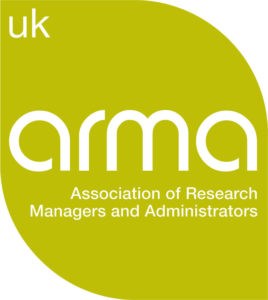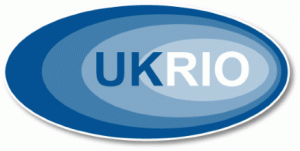Research Ethics Support and Review
Research Ethics Support and Review in Research Organisations is a joint publication by the UK Research Integrity Office (UKRIO) and the Association of Research Managers and Administrators (ARMA) to support the research community in achieving high standards of research ethics review.
It offers benchmark policies and processes which organisations can use to create or revise institutional practices in order to support the functions of research ethics committees.
The guidance also synthesises developments in academic work on ethics and integrity, the expectations of research funders and government and existing examples of good practice, helping researchers and organisations to develop a positive culture of integrity and ethics in research.
Supporting reflection, evaluation and development towards a set of common best practice standards, it also provides means to audit processes in order to demonstrate maintenance and enhancement of standards in the specific practices of individual research organisations.
This guidance reflects other relevant initiatives, guidance from UKRIO and other bodies, and the expectations of funding bodies. It has been produced to harmonise with research ethics expectations and practices in Europe and more widely, while reflecting the autonomy of organisations to determine how to apply them in their particular research environments.
Research Ethics Support and Review in Research Organisations is available in two formats: the standard guidance, which includes extended background and rationale with references, and a summary version which sets out key recommendations and basic ground rules, and overviews the implications of these for developing best practice in supporting high ethical standards in research.
- Research Ethics Support and Review in Research Organisations https://doi.org/10.37672/UKRIO-2020.01-ARMA
- Research Ethics Support and Review in Research Organisations – summary version https://doi.org/10.37672/UKRIO-2020.02-ARMA
Supporting materials:
A presentation summarising the key points of the guidance is available in Powerpoint and PDF formats:
- Research Ethics Support and Review in Research Organisations guidance – key points (Powerpoint)
- Research Ethics Support and Review in Research Organisations guidance – key points (PDF)
Forms from the Appendices are also available as separate PDFs for ease of completion:
- Appendix 1 – REC review panel checklist for applications
- Appendix 2 – Risk assessment matrix
- Appendix 3 – Audit tool aligned with core principles
- Researcher Checklist of Ethics Applications for Research with Human Beings
Additional supporting materials will be published in due course and the guidance will be incorporated in UKRIO’s and ARMA’s training programmes.
Research Ethics Support and Review in Research Organisations is intended primarily for an audience of persons in research organisations who are responsible for ensuring that research is carried out to high ethical standards. This will include persons in policy and management roles, such as Research Integrity Officers, Directors of Research and Pro-Vice Chancellors (Research), as well as Chairs and Members of research ethics committees. This guidance may also be informative for researchers, helping them to better understand the role their institution plays in supporting their ethical practice.
Acknowledgements
We would like to acknowledge the UKRIO Trustees and Advisory Board members for their continued support and expert review, and ARMA for their assistance in realising this publication.
This document provides guidance for UK research organisations on best practice for research ethics review processes and structures, taking as a starting point A Framework of Policies and Procedures for University Research Ethics Committees (2013) and the experience of its use across the sector. That framework was produced by the Association for Research Ethics Committees in 2013 and is now under the auspices of ARMA.
This document, produced jointly by ARMA and UKRIO, draws on the Framework but is not a second/revised edition; it is a new document, drawing on many other sources and key developments since 2013. We would like to acknowledge the editor and contributors of the 2013 framework for their original contributions to this important and ever more significant area of practice.
The development of this guidance is described in an open access book chapter written by John Oates of the Open University:
Oates, J. (2022). Formulating National Standards for Research Ethics Support and Review: The UKRIO/ARMA Case. In: O’Mathúna, D., Iphofen, R. (eds) Ethics, Integrity and Policymaking. Research Ethics Forum, vol 9. Springer, Cham. DOI:10.1007/978-3-031-15746-2_4


